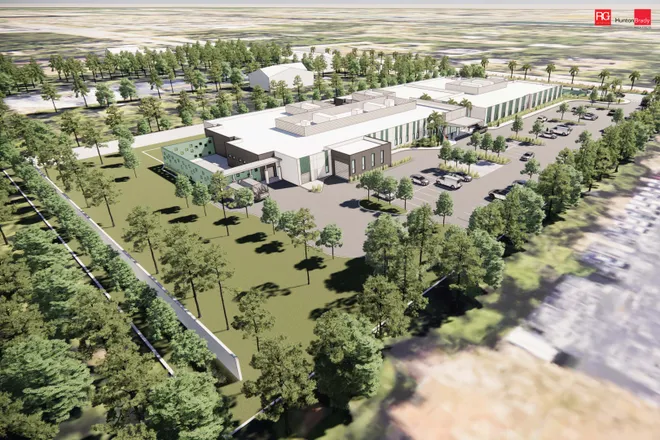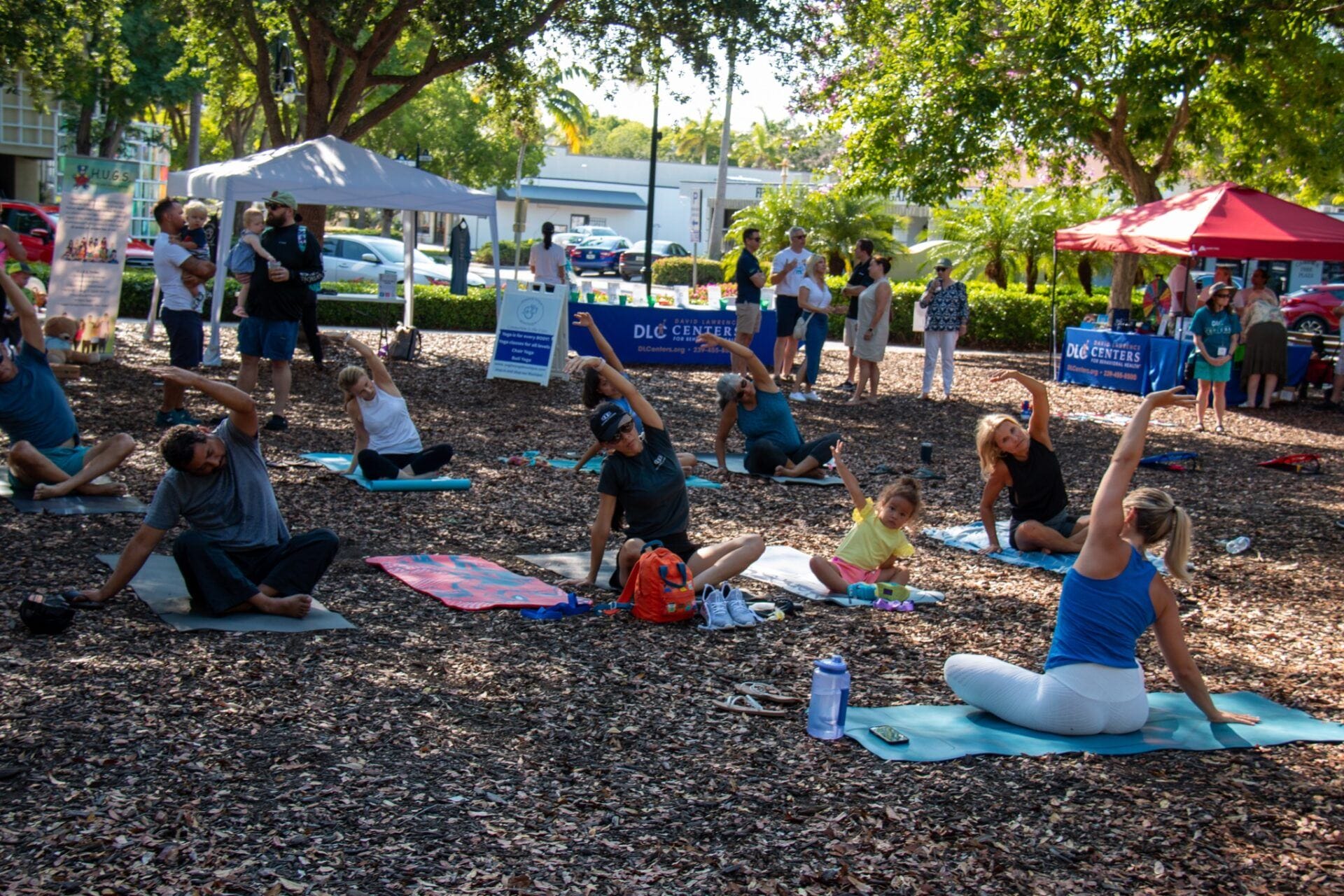
6 Ways to Address the Impacts of Hurricane Ian with Youth
Written by: Jessica Liria M.S., Community Outreach Specialist
As we witness the devastation caused by Hurricane Ian and the continued suffering of residents up and down Florida’s West Coast, it is important for adults and youth to process and debrief these effects. Talking with children about natural disasters is difficult, especially when there are vast differences among those that have been impacted. Losing an entire home, losing power for days on end, or sustaining minimal to no damage creates a variety of feelings. Here are six ways to navigate emotions and assist our youth in moving through these tough times:
- Find Out What They Know
As adults, we naturally want to shield children from all that can hurt them in life, but when disaster has literally knocked at your door, being honest and open proves to be of much more help. Start off by discussing what they have already learned about hurricanes and what they may have seen or heard about the damages. Use this as a time to correct any misunderstandings or untruths and to express how important it is that we pay attention and stay informed on the resources our community provides—including the amazing agencies and organizations that work hard before, during and after storms.
- Display Resiliency
Children learn how to overcome challenges by observing the behaviors of the adults around them. It is normal and acceptable to feel our emotions—scared, angry, sad—but we must set the example on how to be resilient. Focus on one day at a time and maintain hope that, together, our community will rebuild and recover. We all face hardships in life, but how we get through those difficulties is important. You may break down in tears and feel overwhelmed or even defeated at times, and that is OK! But also try to take steps, however small, to move forward and with optimism about the future. This will help show the young people in your life how facing obstacles can make us stronger than we ever were before.
- Maintain Routine
Of course, this may be especially difficult when a home has been lost, or power has not yet been restored; however, youth thrive on having a stable routine. When a sudden disaster takes place, the unexpected can heighten anxiety and fear. Doing our best to salvage what took place before the hurricane may help appease these heightened emotions. Re-introduce your habits: bedtime routine, mealtimes, extracurricular activities, family time, etc. This may look different given our individual circumstances, but the more we try to incorporate that sense of “normalcy” the quicker the recovery process will be for both youth and adults.
- Focus on Positives
This tip will take extra effort and mental strength since it may seem like there are little to no positives after a storm of this magnitude. However, a shift in our perspective can reveal silver linings. For example, living through a natural disaster is the biggest positive of all and, with time, the things we lost can be replaced. As a family, you are safe and together, and that is what matters most. Identify the character-building qualities that have come out of the experience—such as resilience, strength, hope, determination—and highlight how light can be found in even the darkest times.
- Teach Empathy
For those fortunate enough to have escaped harm’s way, we need to teach children and adolescents how to understand how others may be feeling at this time. Talk with them about basic needs—i.e., food, water, shelter—and how difficult it must be for those that do not have those securities right now. Explain that as we try to get back to “normal” and they are in school with classmates, who may have lost those essentials, there is support and kindness that can be provided. Ask them how it would feel if they lost things that were important to them and help them understand why compassion for others is vital in helping them recover.
- One Community
In the immediate aftermath of the hurricane, we see our community coming together in so many incredible ways. Teach children and teens that it is critical to not only show empathy for others, but to be considerate of their needs, too. Encourage them to find ways to get involved like volunteering to distribute food, cleaning up yard debris, or going through their personal items to donate. Building and strengthening this sense of community will help them see the resiliency that humans have and that through connection with others, all things are possible.
David Lawrence Centers for Behavioral Health (DLC) offers a comprehensive range of mental health and substance use services. To learn more, visit: DLCenters.org.
Another great resource for Collier County is Collier CARES, which is a downloadable mobile app, or can be utilized online at colliercares.org. All service listings are provided at no cost, or on a sliding scale.
Oct 06, 2022 | Blog



